How Zero-Knowledge Proofs Are Transforming Web3
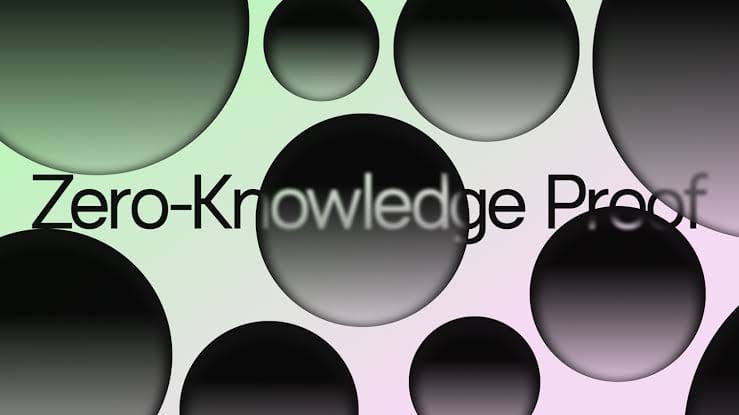
Zero-Knowledge Proofs (ZKPs) are revolutionizing the Web3 landscape by tackling two major blockchain challenges: scalability and privacy. By enabling secure, private, and efficient transaction processing, ZKPs are setting the foundation for the next generation of decentralized applications (dApps).
This article explores how ZKPs—particularly through ZK-Rollups and ZK-EVMs—are reshaping Web3. It compares ZK-Rollups with Optimistic Rollups, profiles leading projects like Polygon zkEVM, zkSync, and StarkNet, and highlights emerging use cases in DeFi and GameFi.
What Are Zero-Knowledge Proofs?
Zero-Knowledge Proofs are cryptographic techniques that allow one party (the prover) to prove to another (the verifier) that a statement is true—without revealing any underlying information. For example, someone can prove they know a password without disclosing it.
In blockchain, ZKPs are used to:
- Ensure privacy by hiding transaction details.
- Boost scalability by enabling efficient, trustless validation of off-chain computations.
ZKPs are at the core of ZK-Rollups, a Layer 2 (L2) scaling solution for blockchains like Ethereum. ZK-Rollups batch thousands of transactions off-chain, generate a compact cryptographic proof (using ZK-SNARKs or ZK-STARKs), and submit this proof to the Layer 1 (L1) chain for validation—significantly reducing costs and increasing throughput.
ZK-Rollups vs. Optimistic Rollups
Both ZK-Rollups and Optimistic Rollups aim to scale Ethereum, but they use fundamentally different mechanisms. Here’s a comparison:
1. Validation Mechanism
- ZK-Rollups: Use cryptographic proofs (ZK-SNARKs/STARKs) to prove transaction validity, enabling immediate verification on L1.
- Optimistic Rollups: Assume transactions are valid and rely on a challenge period (usually 7 days) during which fraud proofs can be submitted.
2. Transaction Finality
- ZK-Rollups: Offer near-instant finality thanks to immediate proof verification.
- Optimistic Rollups: Finality is delayed due to the challenge period—problematic for time-sensitive applications.
3. Computational Complexity
- ZK-Rollups: Require more computational power to generate proofs, though advances like Polygon Zero are reducing this burden.
- Optimistic Rollups: Less resource-intensive upfront but rely on vigilant validators for security.
4. EVM Compatibility
- ZK-Rollups: Historically struggled with EVM compatibility. Projects like zkSync and Polygon zkEVM have introduced ZK-EVMs to bridge this gap.
- Optimistic Rollups: Offer strong EVM compatibility (e.g., Optimism’s OVM, Arbitrum’s AVM), supporting existing Ethereum dApps with little modification.
5. Privacy
- ZK-Rollups: Naturally support privacy, allowing transaction details to be hidden while still proving correctness.
- Optimistic Rollups: Lack native privacy features.
6. Use Cases
- ZK-Rollups: Ideal for high-throughput, privacy-focused applications (e.g., private DeFi, identity, gaming).
- Optimistic Rollups: Better for general-purpose dApps where instant finality isn't essential.
Summary: ZK-Rollups provide faster finality, stronger security, and privacy but are more complex to implement. As the technology matures, ZK-Rollups are poised to outpace Optimistic Rollups in many Web3 applications.
Key ZK Projects Transforming Web3
Several projects are pioneering ZK-Rollup and ZK-EVM solutions, each offering different trade-offs in performance, compatibility, and user experience.
1. Polygon zkEVM
- Launch: March 2023
- Type: Type 2/3 ZK-EVM (near EVM-equivalent)
- Proof System: SNARKs and STARKs via Polygon Zero
Highlights:
- EVM-Compatible: Supports most Ethereum tools and contracts with minimal changes.
- Scalable: Thousands of TPS at near-zero gas costs.
- Ecosystem: Backed by Polygon’s extensive DeFi and enterprise partnerships (e.g., Starbucks, Reddit).
- Developer Tools: Open-source, with Hardhat plugins and dApp support from Uniswap and Aave.
Why It Matters: Its combination of scalability, developer accessibility, and enterprise adoption positions Polygon zkEVM as a cornerstone of Web3 infrastructure in 2025.
2. zkSync Era
- Developer: Matter Labs
- Launch: March 2023
- Type: Type 4 ZK-EVM
- Proof System: ZK-SNARKs
Highlights:
- High TPS: Supports up to 20,000 TPS through efficient batching.
- EVM Support: Compiles Solidity/Vyper into a ZK-friendly format.
- Native Account Abstraction: Enables gasless transactions and custom account logic.
- Ecosystem: Over 200 dApps and a TVL of $760M (as of 2025).
Why It Matters: zkSync is leading in developer tooling and UX innovations, making it a preferred platform for DeFi growth.
3. StarkNet
- Developer: StarkWare
- Launch: April 2023
- Technology: ZK-STARKs (quantum-resistant, no trusted setup)
Highlights:
- Ultra-Scalable: Designed for millions of TPS.
- Privacy & Security: Leverages STARKs’ robustness for secure, private apps.
- Programming Language: Uses Cairo (non-EVM), though Solidity is supported via Warp.
- Adoption: Used by major apps like dYdX, Sorare, and ImmutableX.
Why It Matters: StarkNet's throughput and security make it ideal for high-performance Web3 applications, especially in gaming and L3 rollups.
Emerging Use Cases: DeFi and GameFi
ZKPs are enabling new experiences in DeFi and GameFi by reducing costs, enabling privacy, and improving throughput.
DeFi Use Cases
- Private Transactions: Platforms like Aztec and zkSync allow confidential trades—essential for institutional users.
- Scalable DEXs: dYdX (on StarkEx) and ZigZag (on zkSync) offer low-cost, order-book-based trading.
- Gasless Transactions: zkSync’s account abstraction allows users to pay fees in any token.
- Cross-Chain Bridges: Projects like Polygon zkEVM are working on ZK-based bridges for seamless asset movement across chains.
GameFi Use Cases
- Gasless NFT Minting: ImmutableX enables fee-less NFT transactions, ideal for in-game economies.
- Private In-Game Economies: ZKPs allow hidden in-game ownership and trades, enhancing strategy-based gameplay.
- Real-Time Game Interactions: StarkNet supports real-time, scalable game logic with millions of TPS.
- ZKML (ZK Machine Learning): Allows games to run on-chain AI (e.g., loot fairness, NPC behavior) without revealing proprietary algorithms.
The Road Ahead: Opportunities and Challenges
Challenges
- Complexity: ZKPs remain computationally heavy, though projects like Polygon Zero and Taiko are optimizing performance.
- EVM Compatibility: Cairo (StarkNet) and zkSync’s compiler add learning curves for Solidity developers.
- Centralization: Most ZK-Rollups still rely on centralized sequencers, though decentralization efforts are underway.
Opportunities
- Mass Adoption: Low fees and privacy open Web3 to sectors like finance, healthcare, and IoT.
- Better Tooling: SDKs, transpilers, and IDE integrations (e.g., zkSync Hardhat plugins) are reducing onboarding friction.
- Layer 3 Scaling: StarkNet’s StarkEx enables app-specific L3s for specialized dApps with even greater scalability.
Conclusion
Zero-Knowledge Proofs are unlocking the next wave of Web3 innovation. ZK-Rollups offer significant advantages over Optimistic Rollups in security, privacy, and speed. With platforms like Polygon zkEVM, zkSync, and StarkNet leading the charge, the future of decentralized applications is faster, cheaper, and more private.
From private DeFi trading to scalable GameFi economies, ZKPs are not just solving technical bottlenecks—they’re enabling entirely new classes of applications. As the technology matures, expect a Cambrian explosion of ZK-powered dApps across sectors.
References
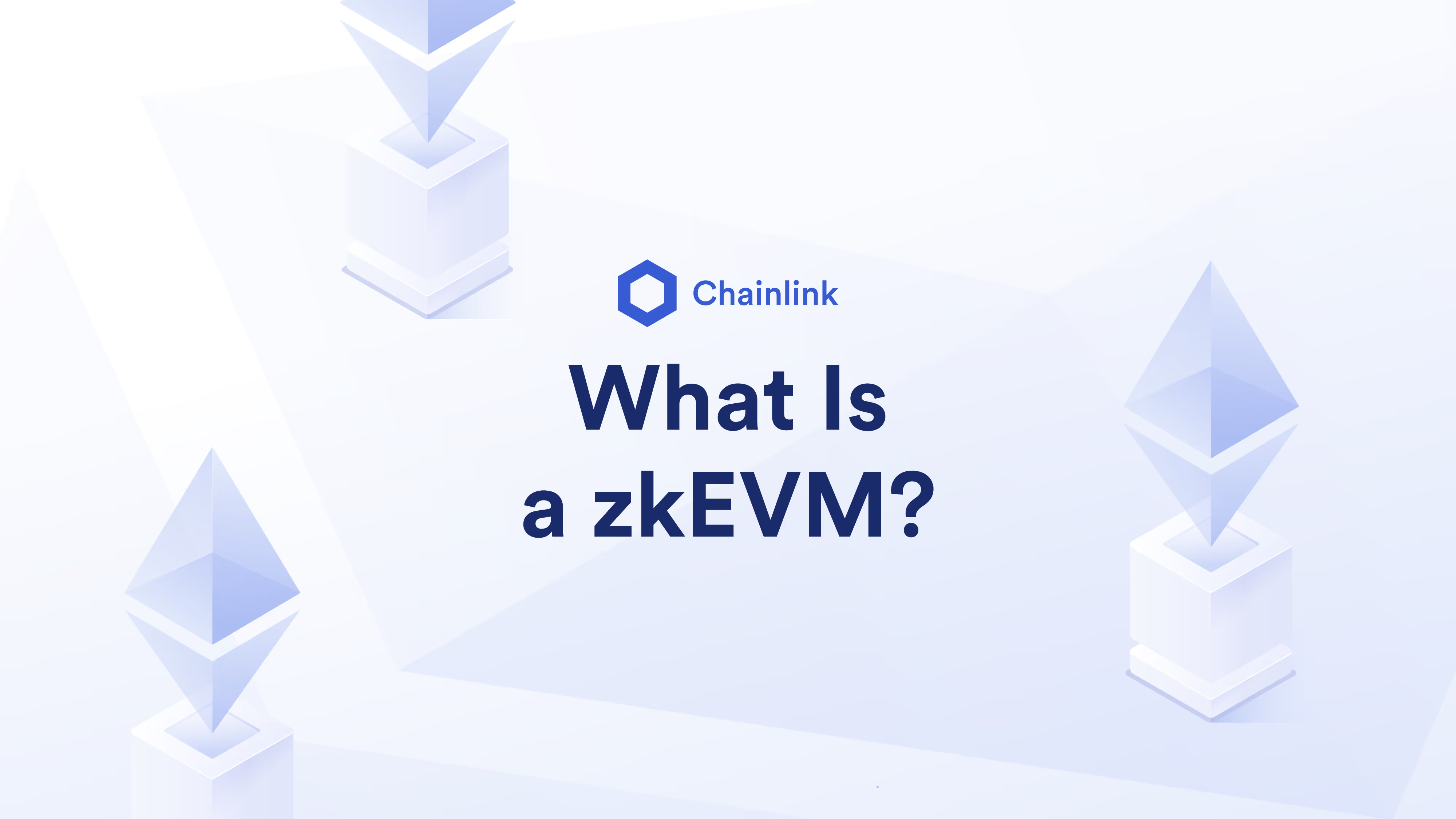
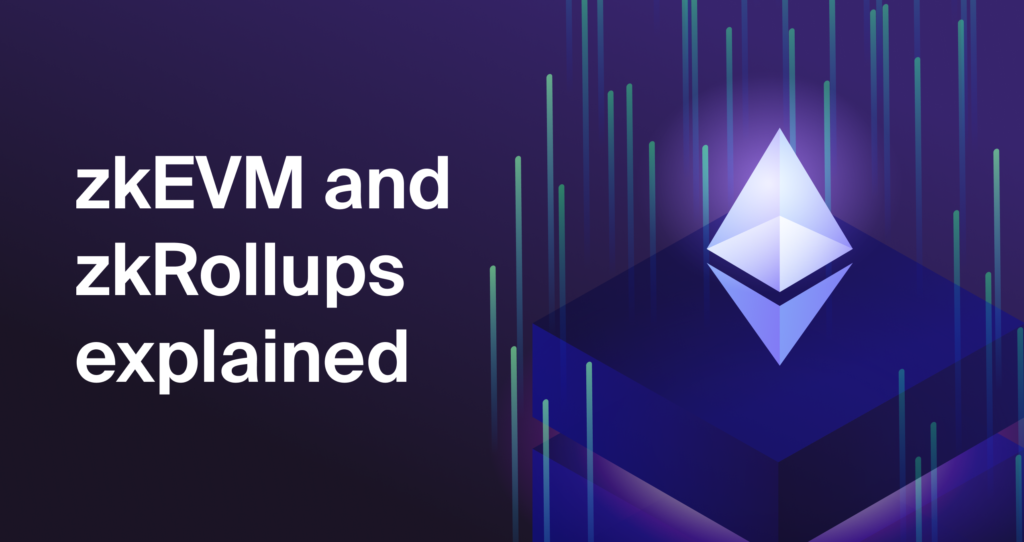
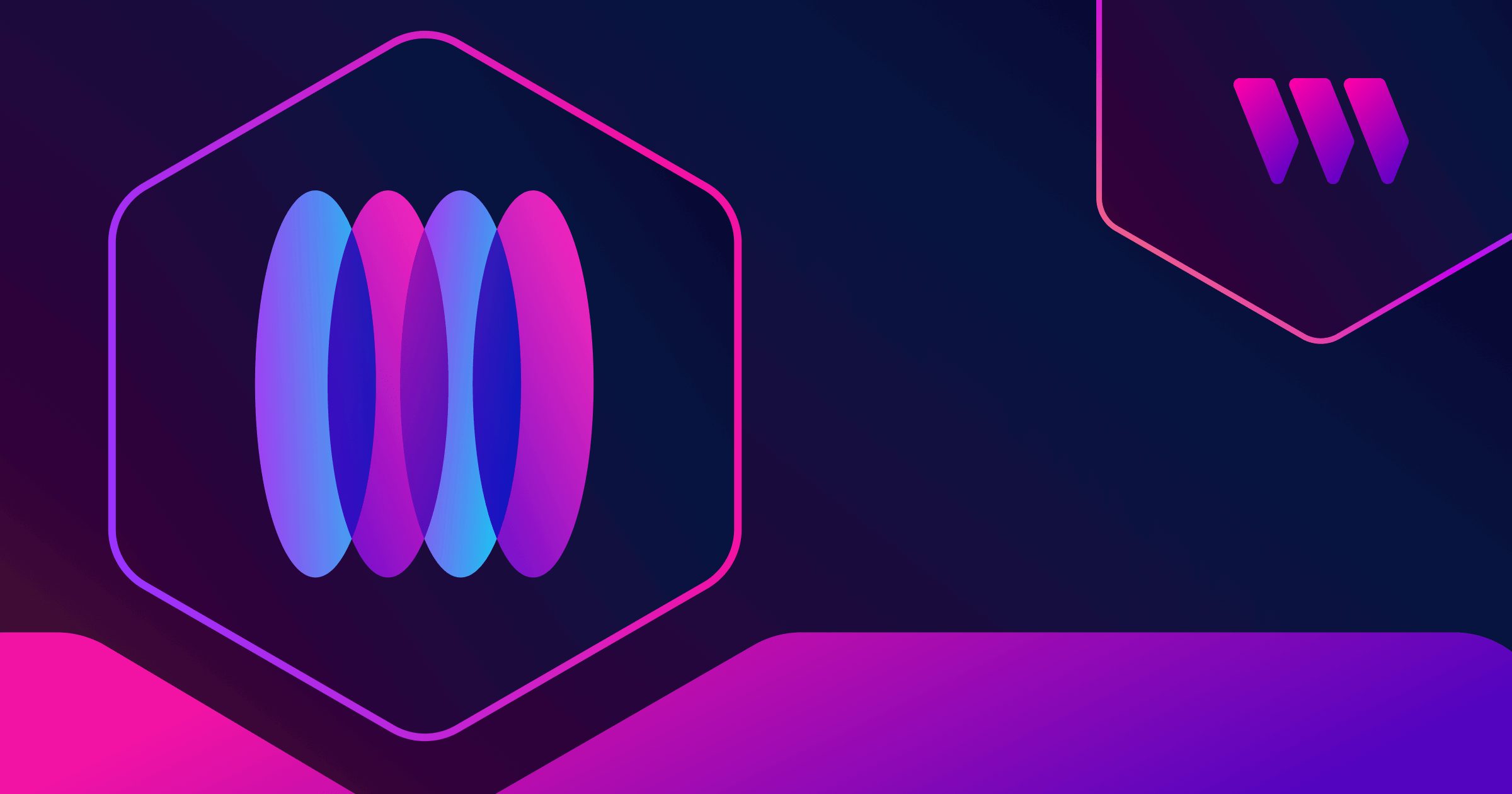


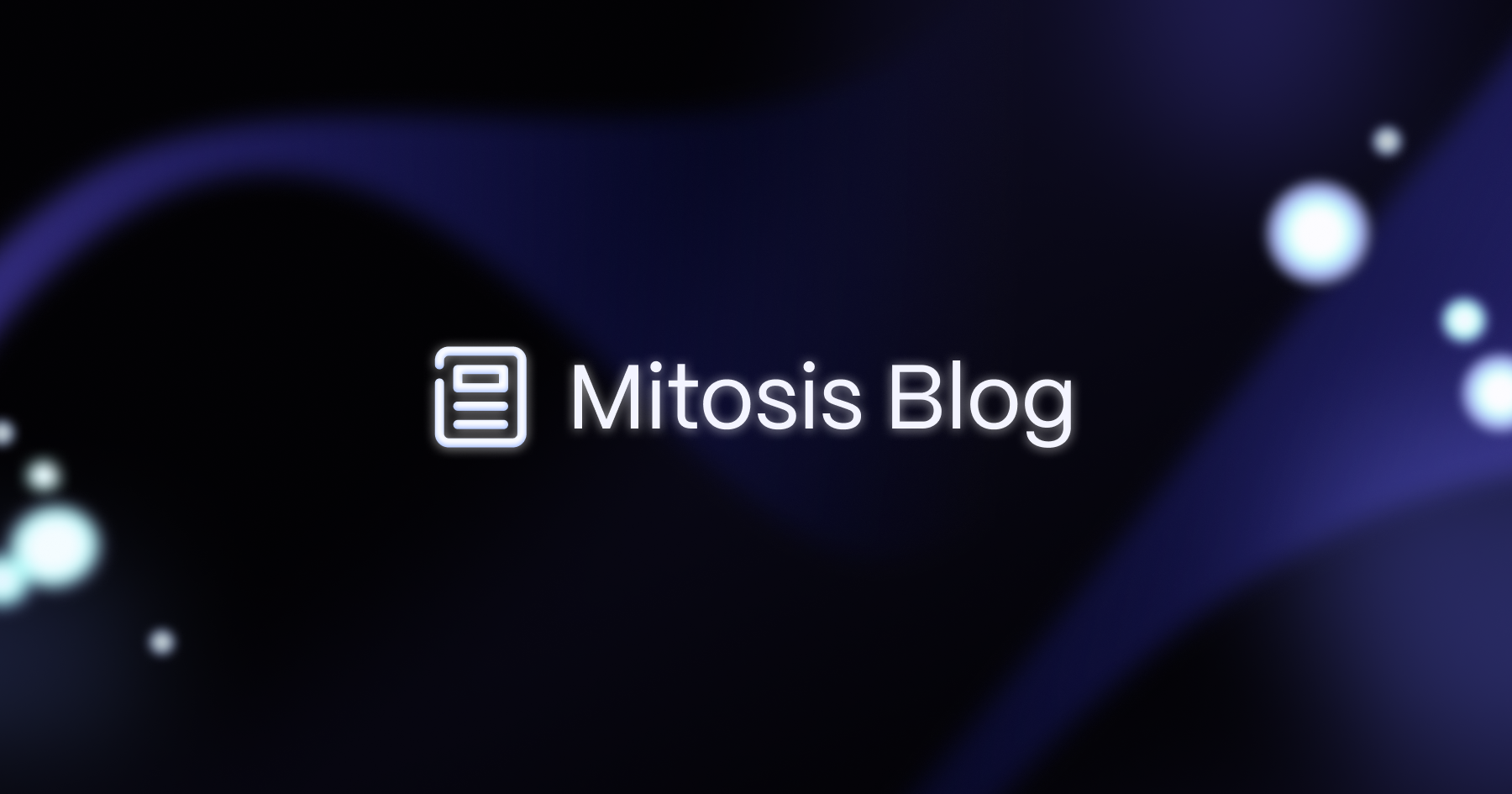


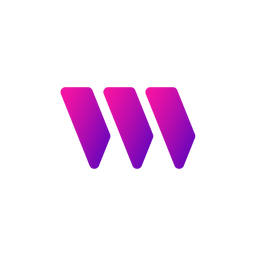
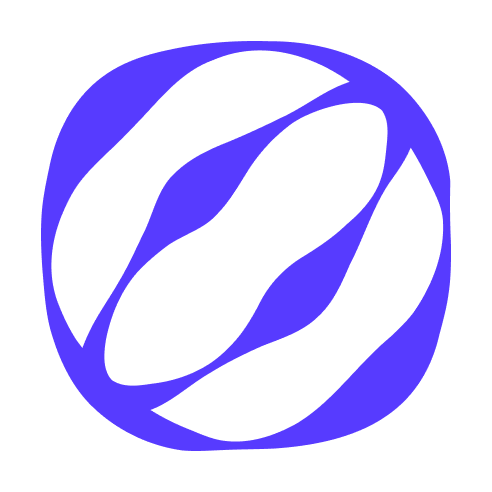

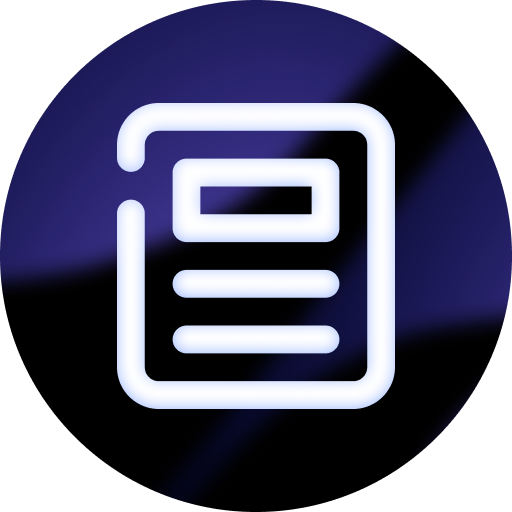

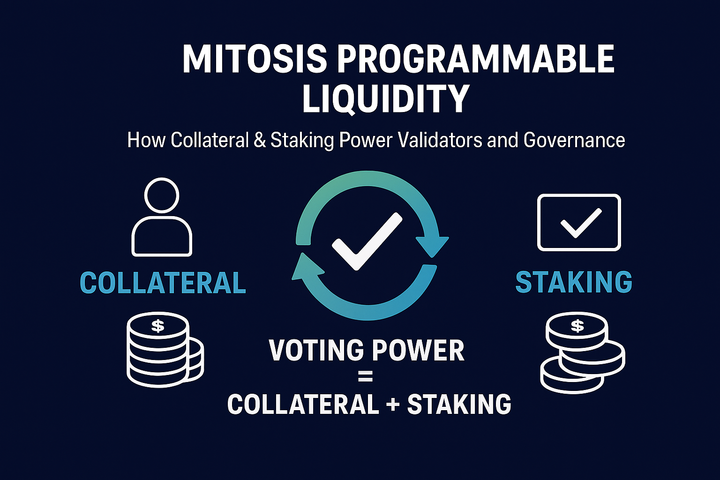

Comments ()